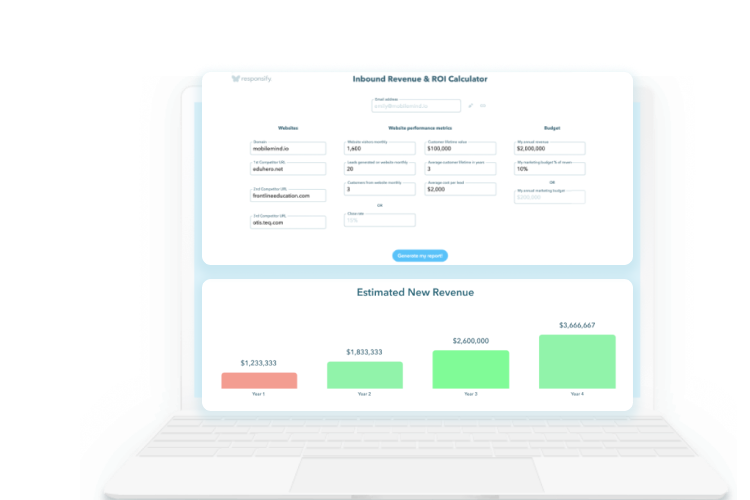 914 Views
914 Views  4 min read
4 min readSmall businesses continue to play a pivotal role in developing world economies, but a lot hasn’t been exhausted to ensure sustainability. Even individuals in well-paying jobs nurture the aspiration to own small businesses to secure their future if conditions at workplaces become unstable. However, the daunting task has been raising small business loans to effect entrepreneurship ambition. There are financial institutions, like Camino Financial, that ensure small business owners have the cash they need to grow their businesses.
Just like ordinary loans, small business loans are obtained from lenders to run and execute a business plan. These loans are flexible and have fewer restrictions for those attempting to secure them. Usually, small business loans are attached to enticing features to attract eligible borrowers. These loans come handy with repayment plans, interest rates, and penalties for defaulters. It doesn’t matter whether you are beginning a business from scratch or pumping the existing one; you may need a loan.
We often feel that we can do more if we have adequate finance for our business proposals, but we end up throwing those dreams away if we don’t have money to bring them into fruition. Small business loans always have filled the gaps that insufficient funds create in business. Anyone can access these funds, but the terms for engagement depend on each lender. The marketing plan you put in place can equally convince your would-be lender In most cases, your creditworthiness will determine your chances of landing a loan plan. This doesn’t mean that failing to obtain funds from one lender will mean that all creditors will give you blind eyes. There are many sources for small business loans, so rejection at one point should never cause you to throw the towel. Usually, you can get a loan from small banks, online platforms, cooperative groups, or even individuals.
Small business loans have saved and helped start and grow enterprises, but it has never been a walk in the park in securing them. As already mentioned, different lenders have their own criteria for establishing if a borrower is loan-worthy. Some lenders can go to the extent of knowing the marketing strategies for your anticipated business. Here is the list of standard requirements or documents you’ll need at some point when applying for a loan:
Individuals or entities that have fulfilled the above requirements are certainly big candidates for loans. However, it’s essential to know the kind of loan that your business should target. This section will answer the question that most people ask about what they can do with small business loans. 1. SBA loans and long-term loans Even with the list of requirements above, securing loans for business isn’t a huge headache, but this category of loan always prove complex. Don’t be surprised if your lender asks you to provide all the required details. The process is almost identical to the one you follow for the mainstream bank loans. 2. Medium-term loans Landing this kind of loan can involve a lot, but not as complicated as in the case of SBA loans. The qualification route may need the following items:
3. Business line of credits Depending on the lender you’re engaging, securing this type of small business loan can either prove to be straightforward or complicated. You might need to produce your bank statements and credit score for the processes to commence. However, arm yourself with business and personal tax returns, a balance sheet, profit, and loss statements to overcome involving lenders. 4. Short-term loans This type of loan doesn’t cause a headache to the borrower since the lenders do not ask for too many requirements. With your credit score and bank statement, you are good to go but carry along with both your personal and business tax returns in case they are required too. 5. Loans to finance invoice The lender will pay much attention to the volume of the existing invoices when you go for invoice financing. However, the overall process isn’t strict because it only needs details about invoices, your credit score, and your bank statement. 6. Equipment financing The asset you want to buy will dictate the requirement of this kind of loan. Bank statements, credit score, tax returns, and the equipment quote will set you to the qualification path. 7. Merchant cash advance Even though expensive in the long run, it remains the easiest small business loans to qualify for. Credit score, credit card processing statements, bank statements, and sometimes tax returns are enough conditions for the loan.
It doesn’t matter what your financial needs are, you will always find a small business loan plan to back you. However, there’s a need to maintain your good credit score and adhere to the tradition of filing tax returns.
